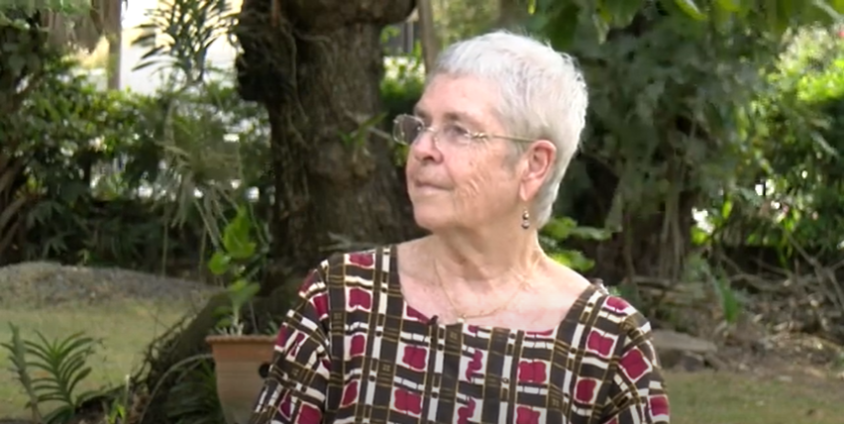Former Head of the Child Health Unit at the University of Ghana Medical School and Korle Bu Teaching Hospital, Professor Janet Neequaye, says the worst period in her time as a healthcare provider in Ghana was during the 1983 drought.
Ghana experienced its worst drought in modern history from 1981 to 1983. The drought peaked in 1983 and was compounded by substantial bush fires and the expulsion of large number of Ghanaians from Nigeria in the same year. Food production dropped dramatically in 1983 leading to widespread food shortages.
According to Prof. Neequaye, for hospitals and other healthcare centres, essential drugs for treatment were in dire shortage thus putting the lives of patients at risk of death.
“Well, the worst period was in 1983 round about there, 1984, after the military coups when everything was very very bad in Ghana. There were severe shortages of medical equipment, drugs, food, even kenkey you couldn’t buy,” she said.
The situation was further compounded by long power outages due to the failure of the Akosombo Dam to produce enough electricity to power the nation as a result of the low water levels from the drought.
“At the same time there was shortage of water, in this area you couldn’t get water, shortages of petrol, and then because of lack of rainfall the Akosombo Dam, the lake, run out of water so they couldn’t power the electricity generators properly. So we had prolonged electricity blackouts. Sometimes we were on for 12 hours and off for 24 hours, it was even worse than dumsor.
“So at times, in those days people didn’t have generators, so at times I had to send the mothers from Korle Bu back home to bring in kerosene lamps so we could work. It was very bad. And because there was a shortage of medicines, it was very hard to actually treat patients.
“Sometimes they had to go to town to buy penicillin or even anti-malarials. And around that time the government brought in cash and carry. If you didn’t have any money, it was difficult to buy anything in the hospital,” she said.
Prof. Neequaye said some reprieve came when the British High Commission flew in essential drugs from the UK to Ghana.
The drugs were meant to support the influx of returning Ghanaian immigrants from Nigeria following their expulsion. It was thought then that they would be housed in a refugee camp, however, upon arrival, most of them moved back to their villages.
"So we had a lot of drugs and so on which kept us running for about a year," she said.
Latest Stories
-
CLOGSAG vows to resist partisan appointments in Civil, Local Government Service
36 minutes -
Peasant Farmers Association welcomes Mahama’s move to rename Agric Ministry
37 minutes -
NDC grateful to chiefs, people of Bono Region -Asiedu Nketia
39 minutes -
Ban on smoking in public: FDA engages food service establishments on compliance
40 minutes -
Mahama’s administration to consider opening Ghana’s Mission in Budapest
42 minutes -
GEPA commits to building robust systems that empower MSMEs
45 minutes -
Twifo Atti-Morkwa poultry farmers in distress due to high cost of feed
47 minutes -
Central Region PURC assures residents of constant water, power supply during yuletide
48 minutes -
Election victory not licence to misbehave – Police to youth
50 minutes -
GPL 2024/2025: Nations thrash struggling Legon Cities
52 minutes -
Electoral offences have no expiry date, accountability is inevitable – Fifi Kwetey
53 minutes -
Ghanaians to enjoy reliable electricity this Christmas – ECG promises
60 minutes -
Police deny reports of election-related violence in Nsawam Adoagyiri
1 hour -
‘We’re not brothers; we’ll show you where power lies’ – Dafeamekpor to Afenyo-Markin
1 hour -
EPA says lead-based paints are dangerous to health, calls for safer alternatives
3 hours

